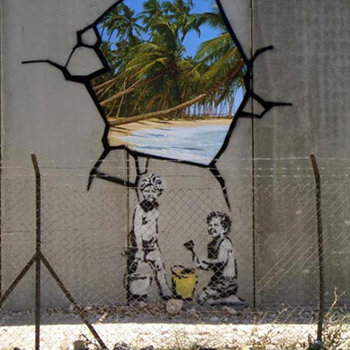Question #5946e
1 Answer
Much of this centres on American involvement in the conflict in Vietnam.
Explanation:
At the end of World War 2 and the emergence of the Soviet Union and the USA as global superpowers, the world quickly became divided along such lines.
This was seen most markedly in Europe with the division of East and West, the division of Germany and even Berlin. The Cold War was at its height as the arms race accelerated throughout the 1950's.
In the Third World the superpowers attempted to spread their influence through support for competing nationalist movements and governments.
The success of Kennedy during the Cuban Missile Crisis, his commitments made in his inauguration speech and his speech in Berlin reflected a confidence in American power which would undermine the tenet of the question.
However as the USA became drawn into the conflict in Vietnam such optimism started to drain. Pubic support for the war diminished and the draft was introduced in order to sustain the US commitment of more than 500,000 combat troops in Vietnam. This was despite the fact that both Kennedy and Johnson,even at the start, were convinced that the USA could not win.
As the war escalated American society became bitterly divided. Wiespread media coverage of the realities of war, including the massacre at My Lai, and the summary execution of a Vietcong during the Tet offensive increased public opposiiton and calls for the US to withdraw.
The illegal and devastating expansion of the war in cambodia further weakned public support. In 1973 the Americans withdrew and within 2 years Vietnam, Cmabodia and LAos had fallen to the communists.
It would take a generation before the US was ready to become directly involved in a foreign conflict.

